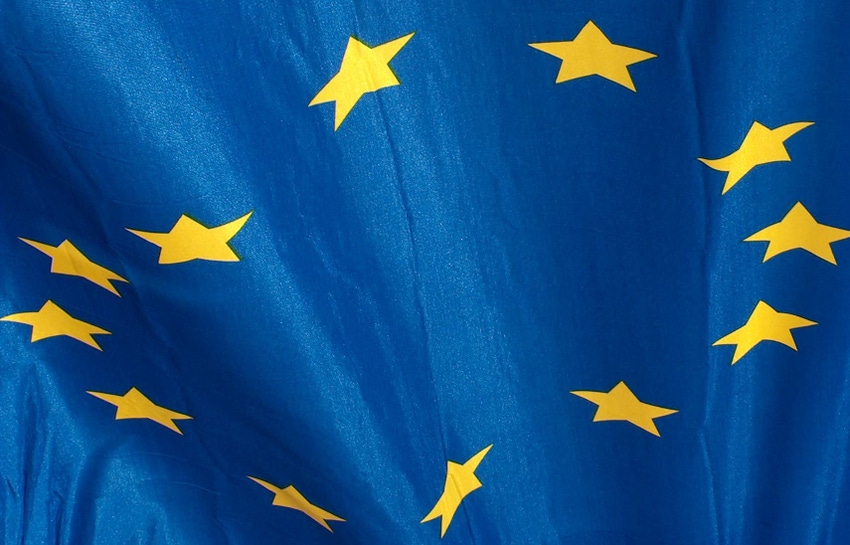The European Commission and the Internet of Things
Idealists and sceptics alike could agree that the European Union and the Internet of Things have a lot in common. An idealist might be inclined to see both as seeking to pull down divisions that have traditionally separated bodies of knowledge and industry, to create an intelligent, integrated whole.
July 7, 2015

By Thomas Campbell
Idealists and sceptics alike could agree that the European Union and the Internet of Things have a lot in common. An idealist might be inclined to see both as seeking to pull down divisions that have traditionally separated bodies of knowledge and industry, to create an intelligent, integrated whole.
A sceptic, on the other hand, might see them as desirous of an undue, unsought, and even slightly creepy influence on our lives. Regardless, they are both here to stay, so it should be interesting to observe them coming together in the coming years, as the EU readies itself for the IoT.
The EU’s first priority, however, is ensuring that there is no repeat of what happened with the smartphone. A colossal amount of European innovation went into its development, with an estimated 80% of the first iPhone thought to have been sourced from differing parts of the EU. The spoils, however (in the form of jobs and revenue), went largely to Asia and the US.
Since a recent European Commission study concluded the market value of the IoT should exceed one trillion euros in 2020, this time around the EU intends to stay on its toes.
“If we don’t ensure we understand what the Internet of Things is, how it fits with industry and so on, we’ll have yet again a very segmented situation in Europe, as happened unfortunately for the mobile ecosystem,” says Thibaut Kleiner, Head of Unit Network Technologies at the European Commission (EC). The EC is the executive arm of the EU, and Kleiner is one of those tasked with the monumental task of ensuring the continent is prepared.
Just as Europe consists of different languages and cultures, so its various nations have their own distinct approaches to IoT, with some, like the Germans (no really), apparently emphasising the industrial applications, while others, such as the French, hone in on consumer usage.
It’s imperative, Kleiner stresses, that everybody develops and innovates in proper unison, and in March 2015, the EC created the Alliance for Internet of Things Innovation (AIOTI). The members will jointly work on the creation of a dynamic European IoT ecosystem. As part of the EC’s ongoing aspiration for a Digital Single Market, the aim is to ensure the collective realises its full competitive potential.
Kleiner is insistent, however, that the EC has a still greater potential role than this in the realisation of IoT. “We have a certain approach to these new technologies,” he says. “We want to put them at the service of human needs and benefits, instead of having a purely commercial approach, which sometimes leads to the exploitation of human beings for the benefit of corporate interests.” Beyond commercial strategy, the EC is busy envisaging the multiple ways IoT can make the Europe run in a safer, smoother, less wasteful fashion.
“It’s scary, but in Europe today as much as 30% of fresh food is actually thrown away,” says Kleiner. “That’s enormous. And it’s the kind of thing that with the Internet of Things you can prevent because you can really monitor the sale of food and improve the logistics considerably.”
It’s an interesting example because of the way agriculture and food production flows across borders. The European Commission is perhaps uniquely positioned in being able to effect a holistic influence over this constant, continental movement. Another related area of truly international relevance is transportation.
“In connected cars we see something that could very much change the landscape. Following EU regulation, from 2018 all new cars will be connected due to eco legislation which says that, when you have an accident, the car automatically rings the emergency services.” This, Kleiner points out, means all cars manufactured in the EU will be equipped with sim cards and connectivity features. “From there, of course, it’s easy to introduce more powerful equipment that can serve additional purposes, such as safety, infotainment, and better traffic management,” he said.
Whether you see this as insidious or benevolent probably says a lot about how you see both the EU and IoT. With extensive large scale pilots already underway across the continent, embracing everything from smart cities to smart farming, the results of their union should be interesting to observe.
Thibaut Kleiner will be providing the keynote presentation on day one of this year’s Internet of Things World Europe conference and expo, taking place at the MARITIM proArte Hotel in Berlin on the 6th and 7th October.
Read more about:
DiscussionYou May Also Like






.png?width=300&auto=webp&quality=80&disable=upscale)


_1.jpg?width=300&auto=webp&quality=80&disable=upscale)


.png?width=800&auto=webp&quality=80&disable=upscale)